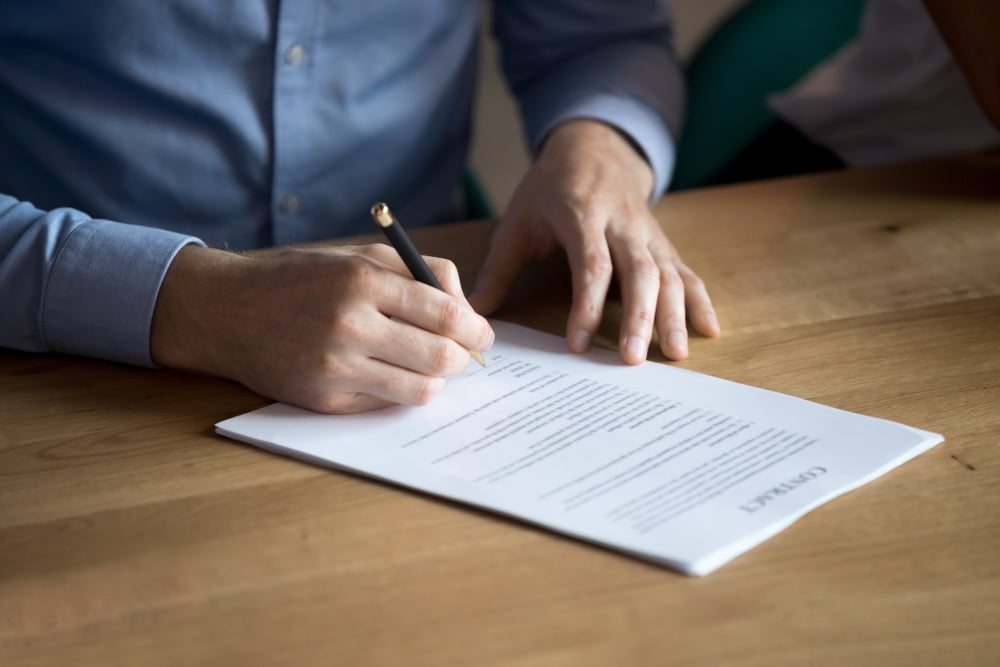
How to Become a Bullion Dealer: A Step-by-Step Guide
Becoming a bullion dealer involves trading in precious metals like gold coins, silver, platinum, and palladium. It’s an attractive venture for those interested in commodities and financial markets. Here’s how you can embark on this journey:
Is It Possible to Become a Precious Metal Dealer as an Individual?
Yes, individuals can become precious metal dealers. However, success in this field requires a deep understanding of the market, significant capital, and adherence to legal requirements. Individuals must research extensively, understand market trends, and build a network of contacts within the industry.
What Licenses Does It Require?
The licensing requirements for bullion dealers vary by country and sometimes within regions in a country. Generally, you will need:
- A General Business License
This is the basic requirement for starting any business and allows you to operate legally in your chosen location.
- A Precious Metal Dealer License
Some jurisdictions require a specific license to deal in precious metals. This license ensures you comply with trading standards and anti-money laundering regulations.
- Tax-Related Registrations
Depending on your location, you may need to register for VAT or sales tax, especially if you’re selling bullion directly to consumers.
Always check with your local and national authorities to understand the specific licenses and permits required to operate as a bullion dealer.
Special Considerations

Becoming a successful bullion dealer involves several special considerations:
- Market Knowledge
You need to have or develop a deep understanding of the precious metals market. This includes factors affecting prices, such as geopolitical events, currency fluctuations, and supply-demand dynamics.
- Capital Requirements
Starting as a bullion dealer requires significant upfront capital. You need to purchase inventory, secure storage, and possibly insure your assets.
- Secure Storage
Dealing in physical bullion requires secure storage solutions to protect your inventory from theft or damage. Consider hiring secure vault services or investing in safes.
- Networking
Building relationships with mints, refineries, and other dealers can provide you with better purchase and sell options. Networking is crucial for getting the best deals and staying informed about market trends.
- Legal Compliance
You must stay compliant with all laws and regulations, including anti-money laundering (AML) and know your customer (KYC) regulations. This involves keeping detailed records and reporting large transactions.
- Risk Management
The precious metals market can be volatile. Effective risk management strategies, such as diversifying your inventory and staying informed about market trends, are essential to protect your business from significant losses.
- Online Presence
Many bullion dealers operate online to reach a broader customer base. Creating a secure, user-friendly website can help you tap into the global market.
Education and Certification: While not always required, obtaining certification from reputable industry organizations can enhance your credibility and knowledge.
Does the sale of gold require a license?

For holders of paper gold such as mines, the owner must have an operating license obtained from the Ministry of Mines to be able to sell gold.
In the case of jewelers, they are subject to taxes applicable to gold if they sell investment gold including gold coins and gold bars.
For the sale of gold jewelry, the law recommends taxes attached to commercial activity similar to any commercial activity. That is to say, jewelers must have an accounting book and must be registered in the commercial register and their sale will thus be taxed in relation to their receipts.
It also happens that individuals engage in the resale of used gold, in particular, old family jewelry or gold scraps recovered from old gold objects.
In this case, the sale of gold does not require any proof or any license since it is truly a personal, non-profit sale.
But if the person carries out this activity daily, purchases gold from other individuals in order to be able to resell it and makes it his source of income, the law on traders is logically applicable to him. Otherwise its activity will be considered as an informal or even illegal activity.
Conclusion
Becoming a bullion dealer as an individual is challenging but possible. It requires a combination of market knowledge, capital, legal compliance, and risk management.
By understanding and navigating the complexities of the precious metals market, individuals can build a successful business dealing in bullion. Always stay informed, network extensively, and prioritize security and compliance to establish a reputable and profitable operation.
The post How to Become a Bullion Dealer: A Step-by-Step Guide appeared first on FinanceBrokerage.
